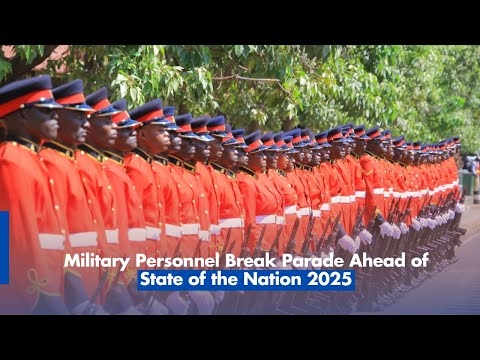Social media, particularly platforms such as X, have undeniably revolutionised the way Kenyans communicate, share information, and connect with one another. In Kenya, as in many other parts of the world, social media has become an integral part of daily life, offering a platform for expression, engagement, and networking. The advantages of social media in Kenya are profound and multifaceted, offering unprecedented opportunities for societal progress, economic development, and cultural enrichment.







![[PHOTOS] Betty Bayo laid to rest in Kiambu](/_next/image?url=https%3A%2F%2Fcdn.radioafrica.digital%2Fimage%2F2025%2F11%2F3b166e2e-d964-4503-8096-6b954dee1bd0.jpg&w=3840&q=100)







